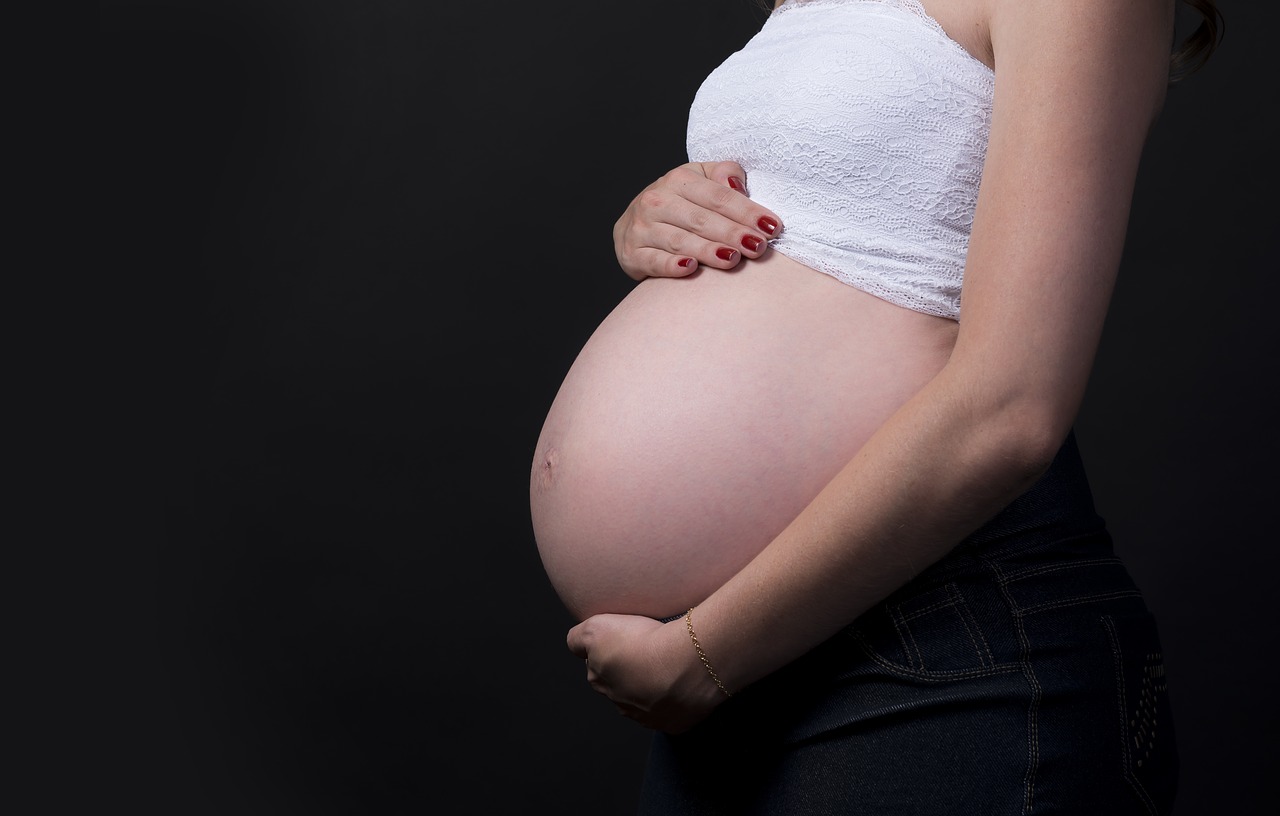For couples looking to conceive, there are a number of factors that can greatly improve your fertility, and ones that will impact your fertility. Fortunately a lot of these key choices from your lifestyle can be altered with the right help and guidance. It’s important that you take action early on, and also remember that it doesn’t mean that you wouldn’t be able to conceive otherwise. This clinic, specialised in IVF Fertility Treatments, has shared with us the biggest lifestyle choices to affect fertility.
Alcohol and smoking
According to the NHS, smoking is a big factor in reducing fertility. Even when pregnant, smoking is not recommended to protect the health of the baby. Drinking alcohol heavily can bring their own bout of ovulation disorders in women, so it’s crucial to seek help if you’re a heavy drinker or smoker before considering a baby. Drinking too much and becoming drunk can also lead to the potential of a miscarriage or other ovulation problems. Smoking can prove fatal to a child, and impacts your overall health in a variety of ways.
Diet
A healthy balanced diet that involves plenty of fruits and vegetables will boost your fertility in a number of ways. To help develop a child from within the womb, having a healthy level of vitamins and nutrients will increase hormone levels. A healthy diet may also include having a number of supplements to complement your diet, such as folic acid and vitamin D. Having a good balanced diet makes for fewer risks to your child in terms of potential health problems.
Exercise
While you should never overdo it, light exercise each week will greatly boost a person’s fertility. Exercise can be used in conjunction with a healthy diet if you feel like you should lose some weight before looking to conceive. While there are signs that fertility is boosted due to regular exercise, over-exercising can be a problem. Vigorous exercise can bring more hormonal and ovulation issues over time, which reduces a person’s fertility.
Caffeine
It’s not clear whether caffeine is a clear factor in a person’s fertility levels, but it is something to be wary of during the time to conceive and when you’re pregnant. It may take longer for a woman to fall pregnant due to heavy caffeine consumption.
If you are ever unsure, it’s always best to talk to a doctor about your concerns and plans to conceive for a child. They can put you on the best plan to suit your specific needs and have regular check-ins to follow your progress.



